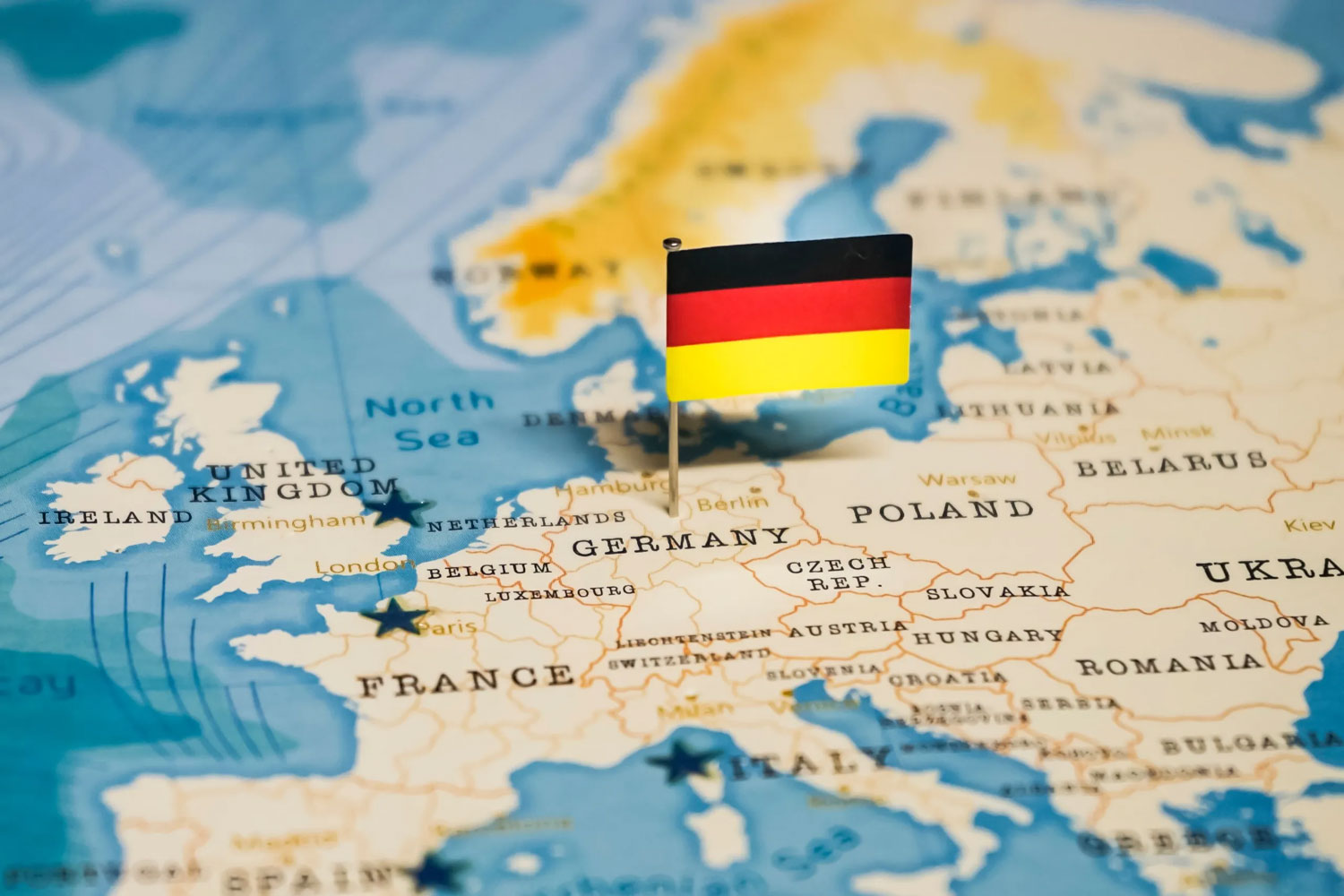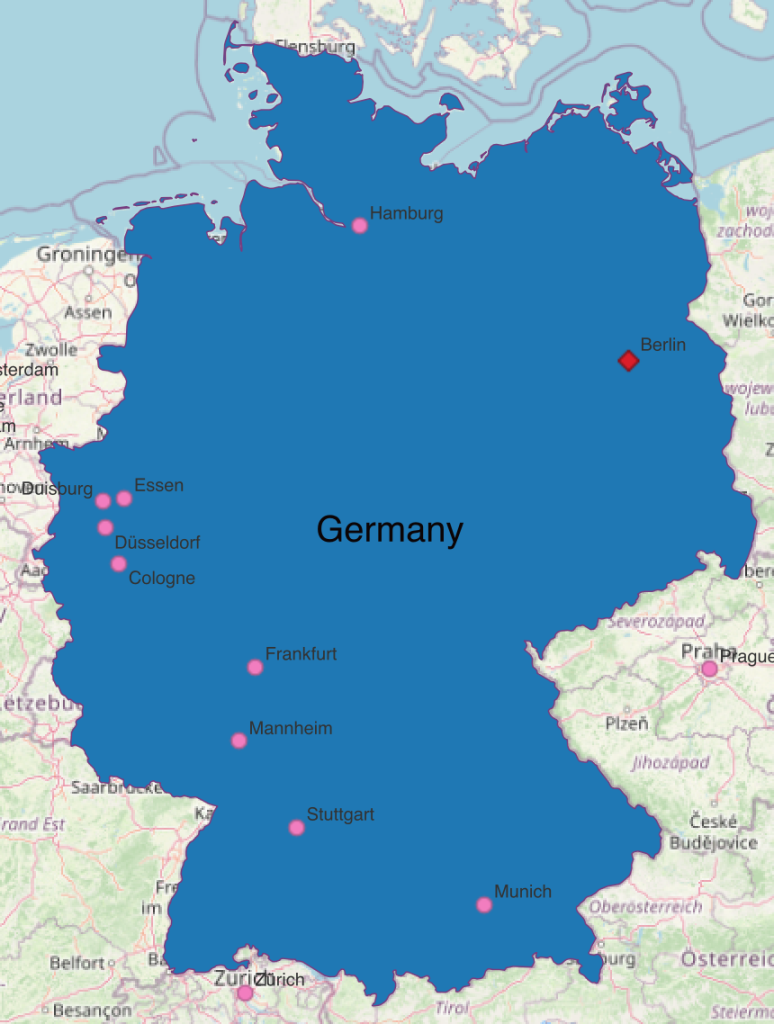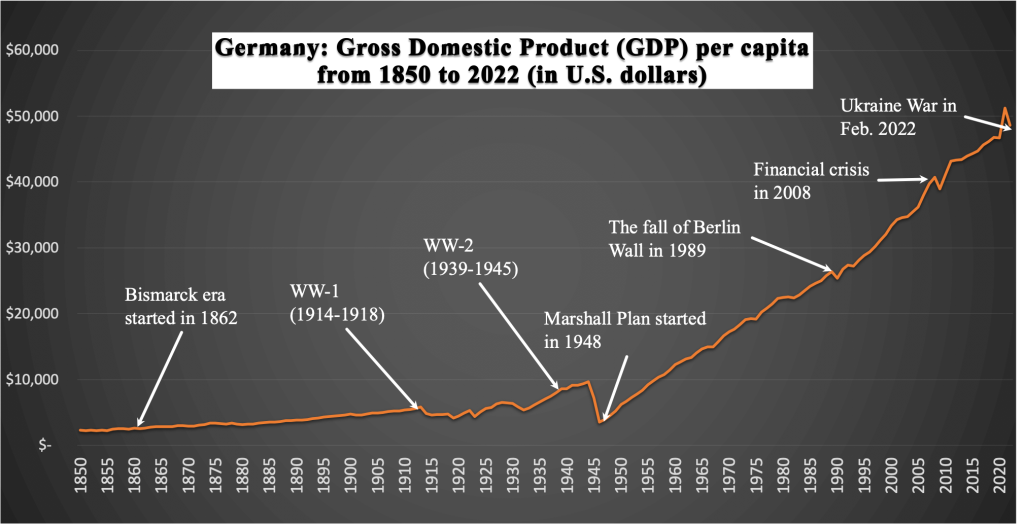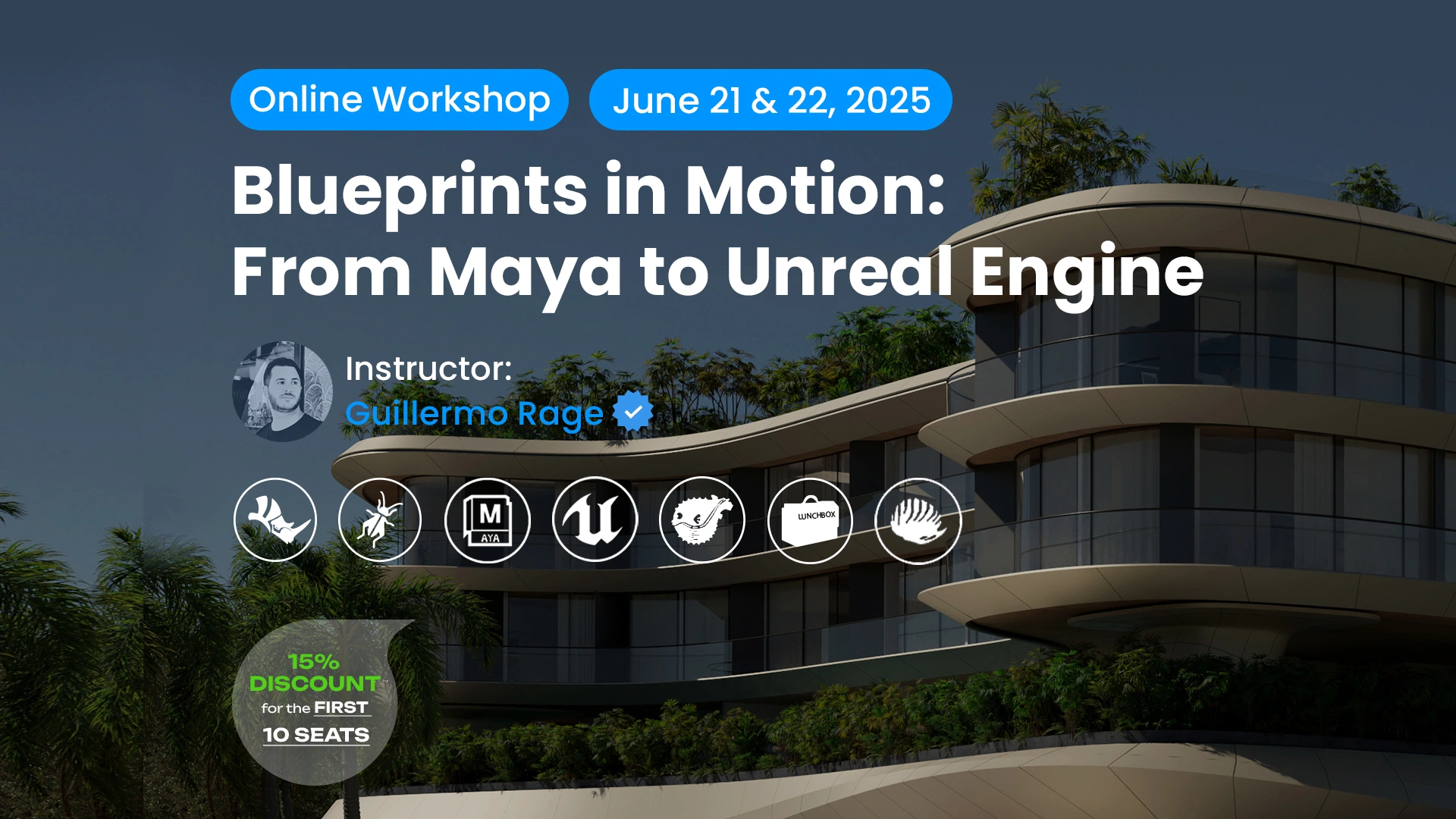The World Bank released the annual gross domestic product (GDP) based on the purchasing power parity (PPP) for countries around the world in the international comparison program. The most remarkable point of the data related to the rank of Germany in the top higher GDP countries. According to this data set, the ranking of Germany’s economy among the top higher-rate countries has fallen down to the sixth row in terms of the GDP (of PPP) index by the end of 2022. This circumstance should be undermined due to the German economy as the most advanced economy in European countries. In this article, I’ll review the German economy in terms of the GPD per capita growth trend in a historical and longitudinal framework and will emphasize the major political events and exogenous variables that created major implications for the economy.
First, back to the nineteenth century, the German economy transformed from a lagged situation among Western Europe countries into a rapidly industrialized nation during the era of Otto von Bismarck, who ruled as a Prussian chancellor from 1873 to 1890. Bismarck achieved prosperity with a balance of power paradigm by acquiring essential capabilities, social and political solidarities, and unifications in the Kingdom of Prussia (Kissinger, H., 2015, World Order).
Second, Germany faced significant challenges in the early and middle of the twentieth century due to two devastating global wars. Once the second global war ended on September 1945, the U.S. funded Germany through the Marshall Plan, which was implemented in 1948 and later. Consequently, German’s economy rebounded and became Europe’s top industrialized economy. Therefore, the implementation of the Marshall Plan demonstrated a significant role in boosting the German economy. For instance, as shown in the following graph, Germany’s GDP per capita was approximately $6,186 in 1950, reaching over 46,735 in 2020.
Third, this period started after ending the Cold War and the fall of the Berlin Wall in 1989, which proceeded to a unipolar world order on the hegemonic leadership of the United States. The fall of the Berlin Wall did not significantly impact the German economy; However, there was a short period of GDP decline in 1990, so the economy resumed its previous step of growing on the GDP trend. Sequentially, Germany had a GDP per capita decline during the global financial crisis in 2008. The same as the previous one, it recovered to the historical trend in 2010 and later. Nevertheless, the German economy experienced a decline in GDP per capita during the Covid-19 pandemic implications. This decline was a global trend as well as impacted all countries from economic shot-down policies to control the pandemic situation and came to an end by late 2021 and early 2022.
The ending of the COVID-19 pandemic era has not indicated the German economy to be recovered because of the war in Ukraine, which started in Feb. 2022 and resulted in the downing of the Nord Stream 2 (NS2) pipeline. This pipeline and other sources flowed Russian natural gas to Germany, which included 55% of the total natural gas consumed in Germany and also in German manufactories (see Guardian, 2022).
In conclusion, it illustrated how geopolitical events and the transitioning international orders directly impacted the German economy in the late 20th and early 21st centuries. Particularly, Germany was a major partner of the interdependency and globalization economic paradigm highlighted in the post-Cold War era. Declining Germany’s ranking among the top higher GDP per capita countries would be an alarm for politics in Germany and European Union member states and also citizens on how to manage the economy in the storm of global power revelries.





















Leave a comment